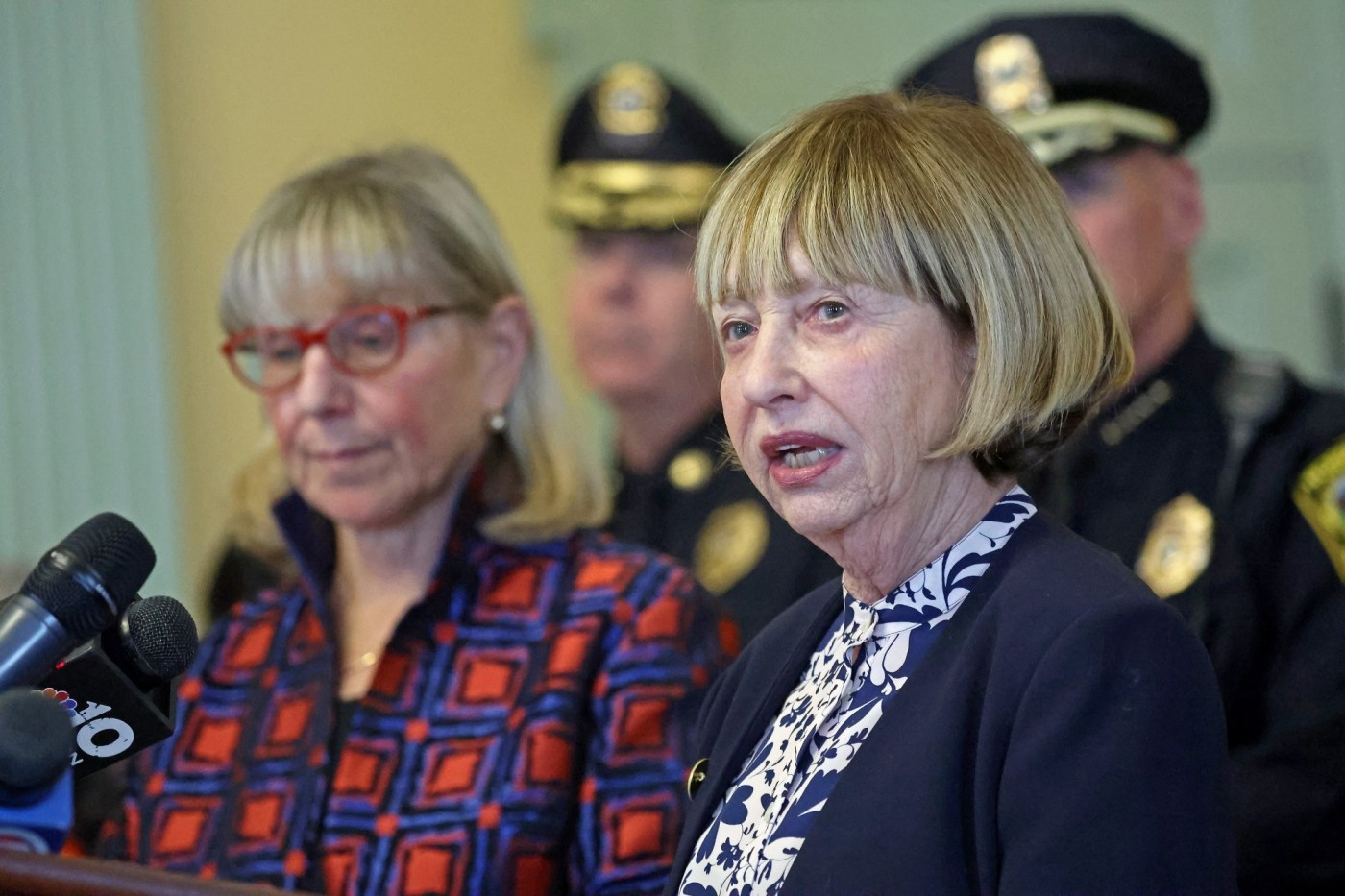
Patients in Southern California are increasingly avoiding in-person medical visits due to heightened fear stemming from immigration enforcement actions. Pediatrician Jacob Sweidan, who has served low-income families for over 40 years, reports a significant decline in patient visits as families refrain from seeking necessary medical care. This trend has been exacerbated by recent federal immigration raids and policies that have left many immigrant families feeling vulnerable and anxious about their safety.
Sweidan, who operates five clinics in Los Angeles and Orange counties, noted that patients are now more reluctant than ever to visit for routine check-ups or treatments. “They are scared to come to the offices. They’re getting sicker and sicker,” he stated, highlighting the urgent situation where patients are only resorting to emergency care when their conditions become critical. For instance, he recounted a case involving a 14-year-old boy on the brink of a diabetic coma due to fear of leaving home for insulin refills.
Telehealth Services Experience Surge
In response to these challenges, many healthcare providers have reintroduced telehealth services, which had been phased out after the COVID-19 pandemic. Clinics like St. John’s Community Health have adapted by increasing their virtual appointments from approximately 8% to 25% over recent months. Jim Mangia, the organization’s CEO, explained that they are also offering in-home health visits for patients who are too frightened to leave their homes.
According to Sara Rosenbaum, a professor emerita at George Washington University, the impact of these fears is felt across the board. “I don’t think there’s a community health center in the country that is not feeling this,” she remarked, underlining the widespread nature of the problem.
Federal immigration officials have intensified their operations, which has further discouraged patients from seeking care. Reports indicate that agents have attempted to access patients at various clinics, even engaging in confrontational tactics. These actions are leading to increased anxiety among immigrant communities, pushing them further into isolation.
Legislative and Community Responses
In light of these developments, local and state officials are exploring ways to protect access to healthcare for vulnerable populations. In July, the Los Angeles County Board of Supervisors directed health agencies to expand virtual appointment options, acknowledging a notable rise in phone and video consultations. Concurrently, California lawmakers are considering legislation that would limit immigration agents’ access to sensitive locations such as schools and healthcare facilities, similar to measures recently enacted in Colorado.
The implications of these immigration raids are significant, with many families potentially resorting to more expensive and less effective emergency care. Nicole Lamoureux, president of the National Association of Free & Charitable Clinics, indicated that the increased demand could strain the healthcare system further. “Clinics are trying to reach people who are retreating from care before they end up with more severe conditions,” she said.
As community health centers navigate these challenges, they employ proactive strategies to connect with patients. For example, Mitesh Popat, CEO of Venice Family Clinic, explained that staff members reach out to patients ahead of appointments to assess their comfort levels and offer telehealth alternatives.
Despite the increase in telehealth services, experts like Isabel Becerra, CEO of the Coalition of Orange County Community Health Centers, caution against relying solely on virtual solutions. “Telehealth can only take you so far. What about when you need lab work?” she asked, emphasizing the need for comprehensive care.
The situation highlights the broader challenges facing immigrant communities, where fear can lead to deteriorating health conditions. Individuals such as C.S., a 71-year-old woman from Huntington Park, have opted for home visit services due to fears of deportation. “If I don’t get the care I need, it can get much worse,” she expressed, illustrating the desperation many feel in the current climate.
As the debate over immigration policy continues, the health of vulnerable populations hangs in the balance. The ongoing situation serves as a reminder of the critical need for accessible healthcare, particularly for those who may be living in the shadows due to fear of enforcement actions.
This report was produced by KFF Health News, which provides in-depth journalism on health issues and aims to inform the public on matters affecting healthcare access and policy.





